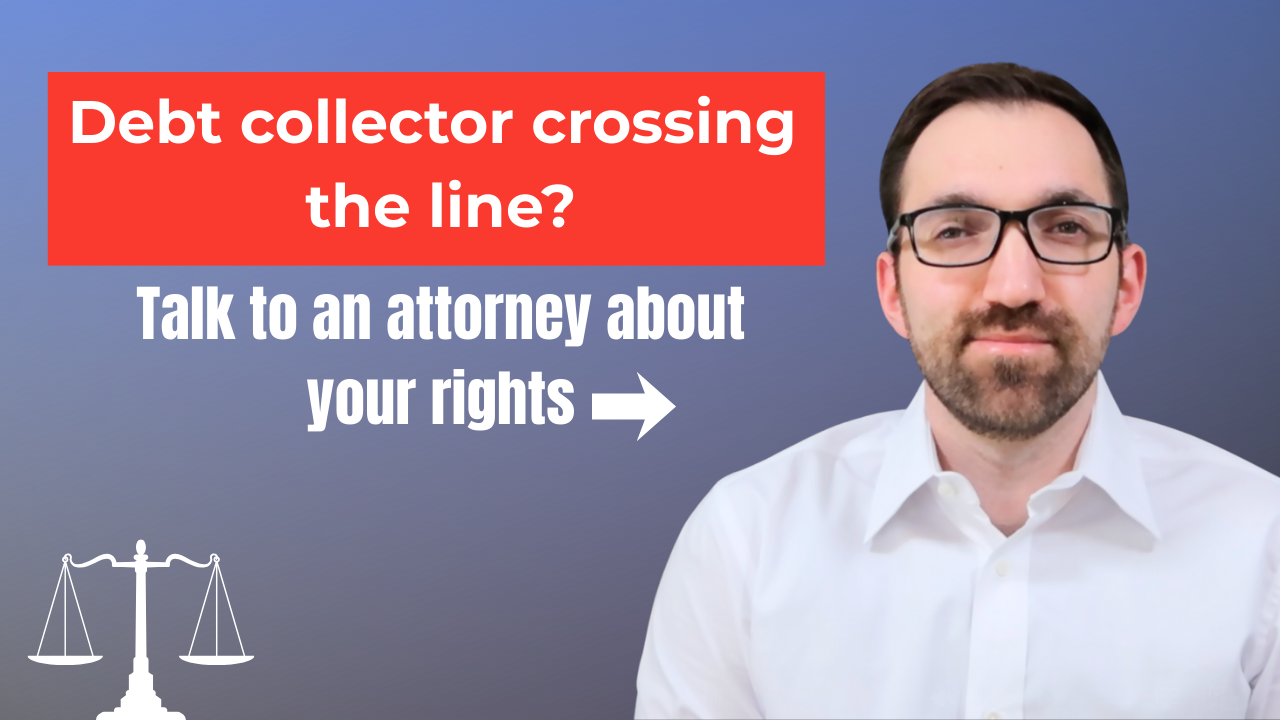What is the Mini Miranda Script? (Understand Your Rights in Debt Collection)
Debt collection calls can be stressful — and confusing. But there’s one line you should always listen for: “This is an attempt to collect a debt…” That phrase isn’t just a warning — it’s a legal requirement known as the Mini Miranda.
If a collector doesn’t say it, they’re breaking the law. This article will walk you through what the Mini Miranda is, why it exists, and how it protects you as a consumer.
What is the Mini Miranda Script?
If you’ve ever received a call from a debt collector, you may have heard something like this:
“This is an attempt to collect a debt. Any information obtained will be used for that purpose.”
That short sentence is what’s known as the Mini Miranda—and it’s not just a formality. It’s a legal requirement under the Fair Debt Collection Practices Act (FDCPA), designed to protect consumers like you from deceptive or abusive collection tactics.
In this article, I’ll break down what the Mini Miranda is, why it matters, and what to do if a collector fails to include it.
What Is the Mini Miranda?
The Mini Miranda is a disclosure that debt collectors are legally required to give when they first contact a consumer. Its purpose is simple: to inform you that the call or letter is an attempt to collect a debt, and that any information you provide may be used for that purpose.
The term “Mini Miranda” is a nod to the Miranda rights you hear in criminal cases (“You have the right to remain silent…”). While the Mini Miranda isn’t about police or arrests, it serves a similar purpose - it puts you on notice that the person contacting you is acting in a legal capacity with potential consequences.
What Does the Mini Miranda Script Say?
The Mini Miranda script typically includes the following language:
“This is an attempt to collect a debt. Any information obtained will be used for that purpose.”
This disclosure must be made in the initial written communication, or during the first verbal communication with you.
In future communications with you, collectors still need to identify themselves as a debt collector but they are not required to repeat the above script.
Why the Mini Miranda Matters
This Mini Miranda notice gives you the chance to be informed and cautious in how you respond to debt collectors. It signals that anything you say could affect your legal position—and that you’re dealing with a professional debt collection effort, not a casual inquiry or scam.
It also confirms that the debt collector is complying with the FDCPA, specifically 15 U.S.C. § 1692e(11). The FDCPA was enacted by congress to protect consumers from deceptive and abusive practices. This disclosure helps level the playing field for consumers.
What if a Debt Collector Doesn’t Use the Mini Miranda?
If a debt collector fails to give you the Mini Miranda, it could be a violation of your rights under the FDCPA. You may have a right to sue the collector and recover damages - even if you actually owe the debt.
Review any letter you receive from a debt collector carefully. Do you see the Mini Miranda anywhere? If it’s a call, pay close attention to the first few seconds. Did the representative clearly disclose that they are a debt collector?
If they didn’t make this required disclosure, you can take action. The law entitles you to statutory damages of up to $1,000, plus actual damages and attorney’s fees.
Important Considerations
Not every person who contacts you about a debt is legally a “debt collector.” The FDCPA only applies to third-party collectors and debt buyers - not original creditors.
In my experience, this is where many consumers get confused. To simplify this, let’s identify entities that are subject to the FDCPA:
Debt collection companies
Collection law firms
Debt buyers (entities that purchase delinquent debts)
The above entities collect on debts that were originated by another entity. In contrast, the below entities, when reaching out to you about a debt you owe them, are not subject to the FDCPA:
Banks
Lenders
Credit card companies
These types of institutions extend lines of credit to you. They are not subject to the FDCPA when they are collecting on their own accounts, and therefore, are not required to provide a Mini Miranda notice.
Final Thoughts
The Mini Miranda might sound like just a quick disclaimer—but it’s a key part of your rights under federal law. If a debt collector fails to include it, that could be your first clue that something’s wrong.
Don’t ignore it. Document the interaction, save any voicemails or letters, and consider reaching out to a consumer protection attorney.





